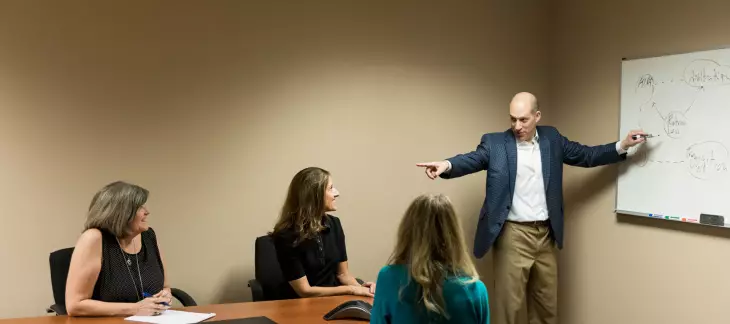Following a nation-wide trend aimed to recover lost tax revenues and combat unfair competitive advantage associated with improper treatment of employees as independent contractors, the 2020 General Assembly passed new laws restricting independent contractor classification. Starting July 1, 2020, unless a person has an independently-established trade or business and is engaged by more than one entity, the risk of treating such person as an independent contractor will increase substantially. Non-compliant Virginia businesses face exposure to private lawsuits for damages, financial penalties and civil sanctions, back tax collection, and debarment from public contracts.
Key Changes:
New private right of action for money damages. Individuals inaccurately classified as independent contractors can sue directly in state court for money damages, including lost wages, benefits— including costs incurred that otherwise would have been covered by insurance—and attorney’s fees.
Presumption of employer-employee relationship. Individuals working for compensation are presumed employees – not independent contractors—and the burden is on a business to prove otherwise in accordance with complicated, unclear, multi-factor IRS guidelines. This “employee” presumption applies not only for the purpose of private litigation, but also for the purposes of taxation, unemployment, and worker’s compensation.
Retaliation prohibited. Retaliation for good faith complaints related to misclassification is prohibited, and victims of retaliation can seek assistance from the Department of Labor and Industry (“DOLI”) to recover appropriate remedies, including reinstatement and lost wages.
Robust enforcement. The new laws are supported by an array of enforcement mechanisms and provide for sharing of information about misclassification situations among state government agencies, including the Department of Taxation, the DOLI, the Virginia Employment Commission (“VEC”), and the Workers’ Compensation Commission. This is a sea change, as historically the VEC has been the agency most likely to pursue improper independent contractor classification issues but has not typically shared information gathered with other agencies. Now, it is likely an adverse VEC finding in an unemployment dispute will result in referral of the matter to the tax commissioner and to DOLI for investigation. Given the number of independent contractors seeking unemployment compensation as a result of Covid-19-related furloughs and layoffs, this should be great cause for concern.
Civil sanctions and penalties. Non-compliant businesses are subject to civil sanctions up to $5,000 per misclassified employee for repeat offenses and debarment from public contracts.
No deference to independent contractor agreements. Businesses cannot avoid the new rules by well-crafted agreement. The new laws prohibit businesses from requiring or asking an individual to sign an agreement resulting in misclassification and from retaliating against persons who exercise their rights to proper classification or express concern or complaint about this issue.
Now is the time for businesses operating in Virginia to audit existing independent contractor relationships and weigh the new risks associated with such agreements. If I can assist in this process, please contact me at sarah.ratner@ratnerplc.com or 804-665-1043.




